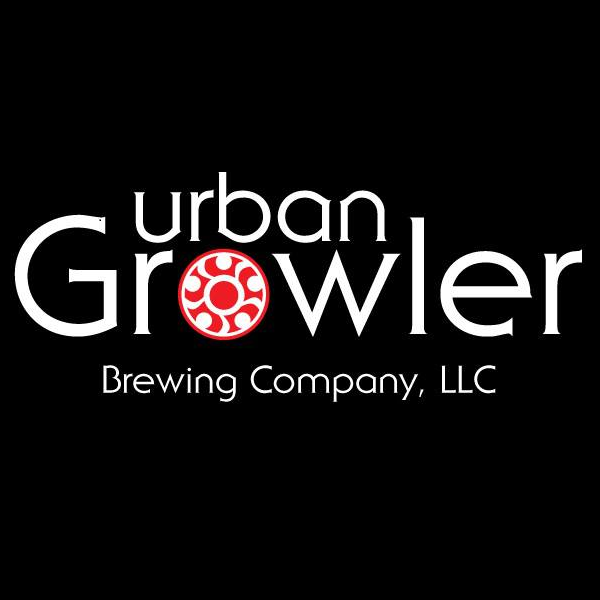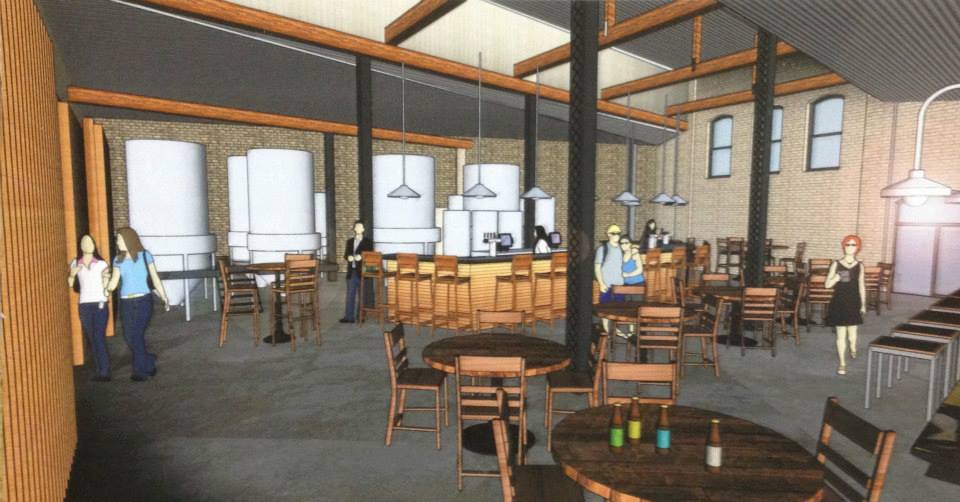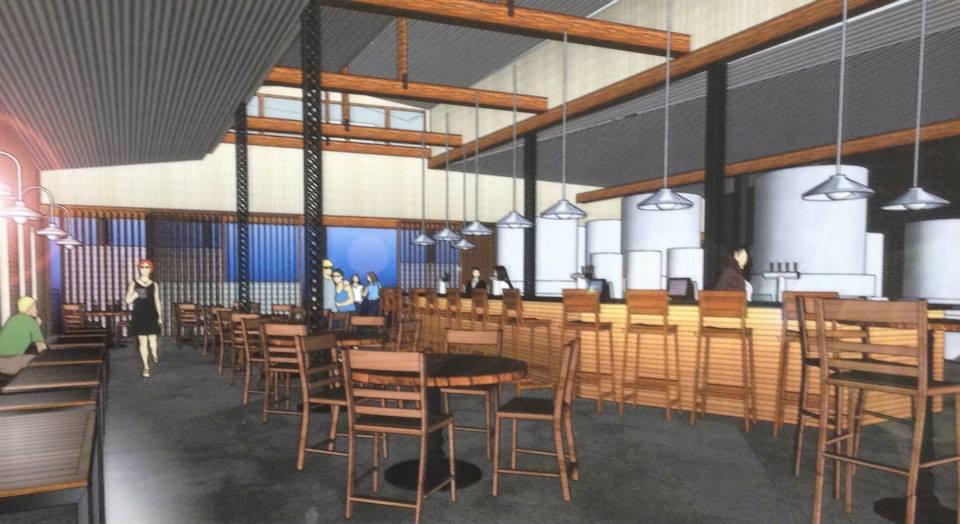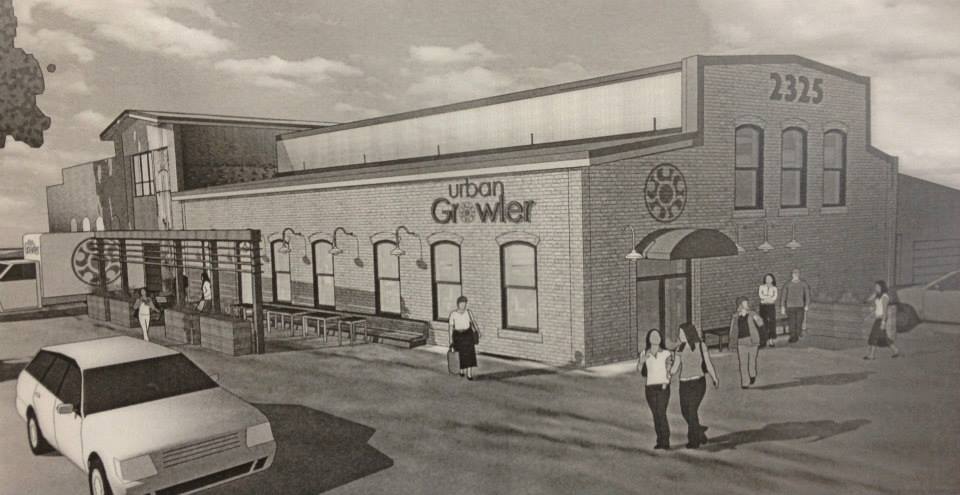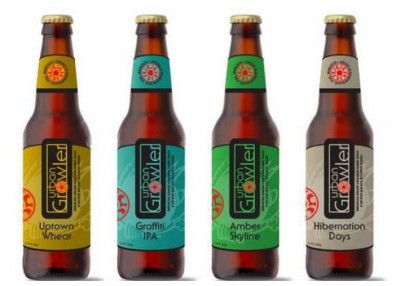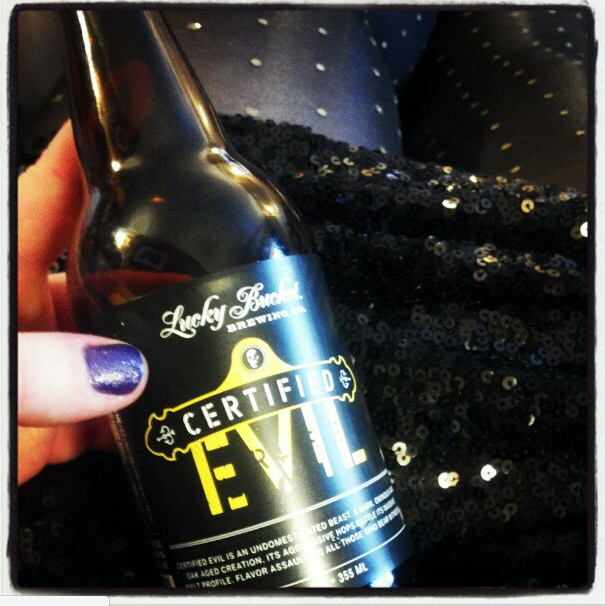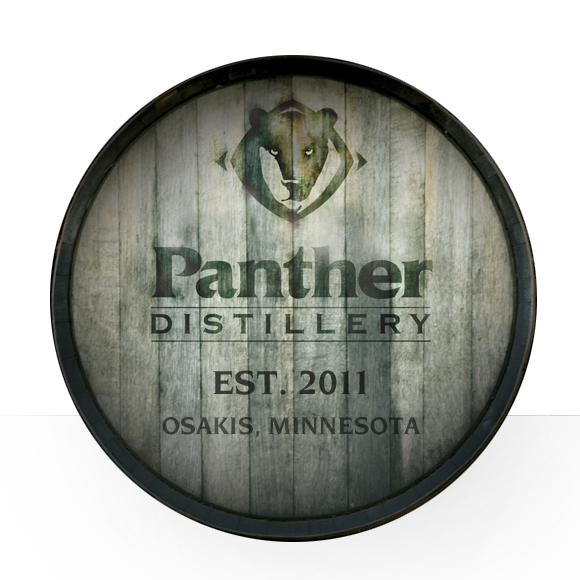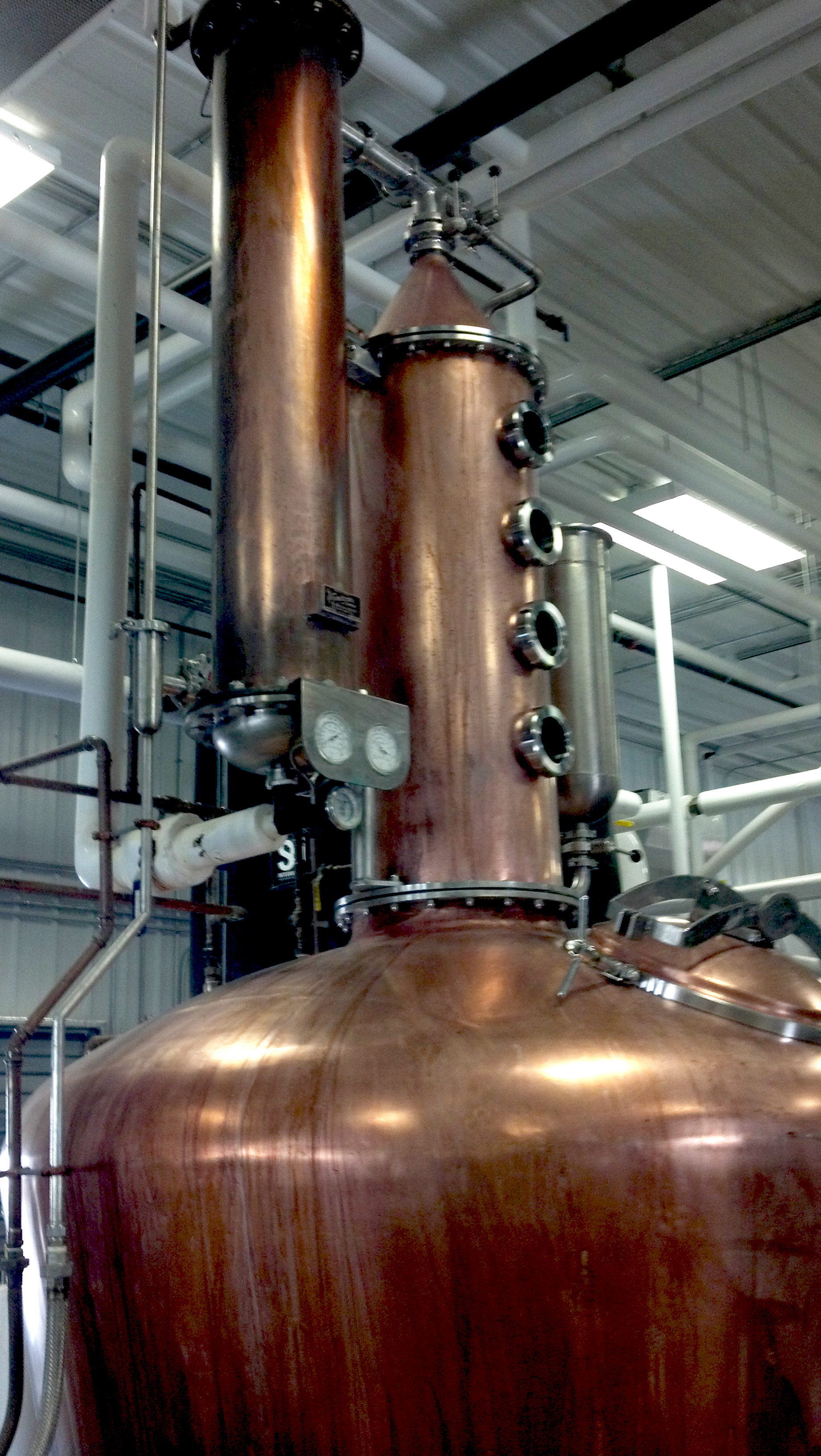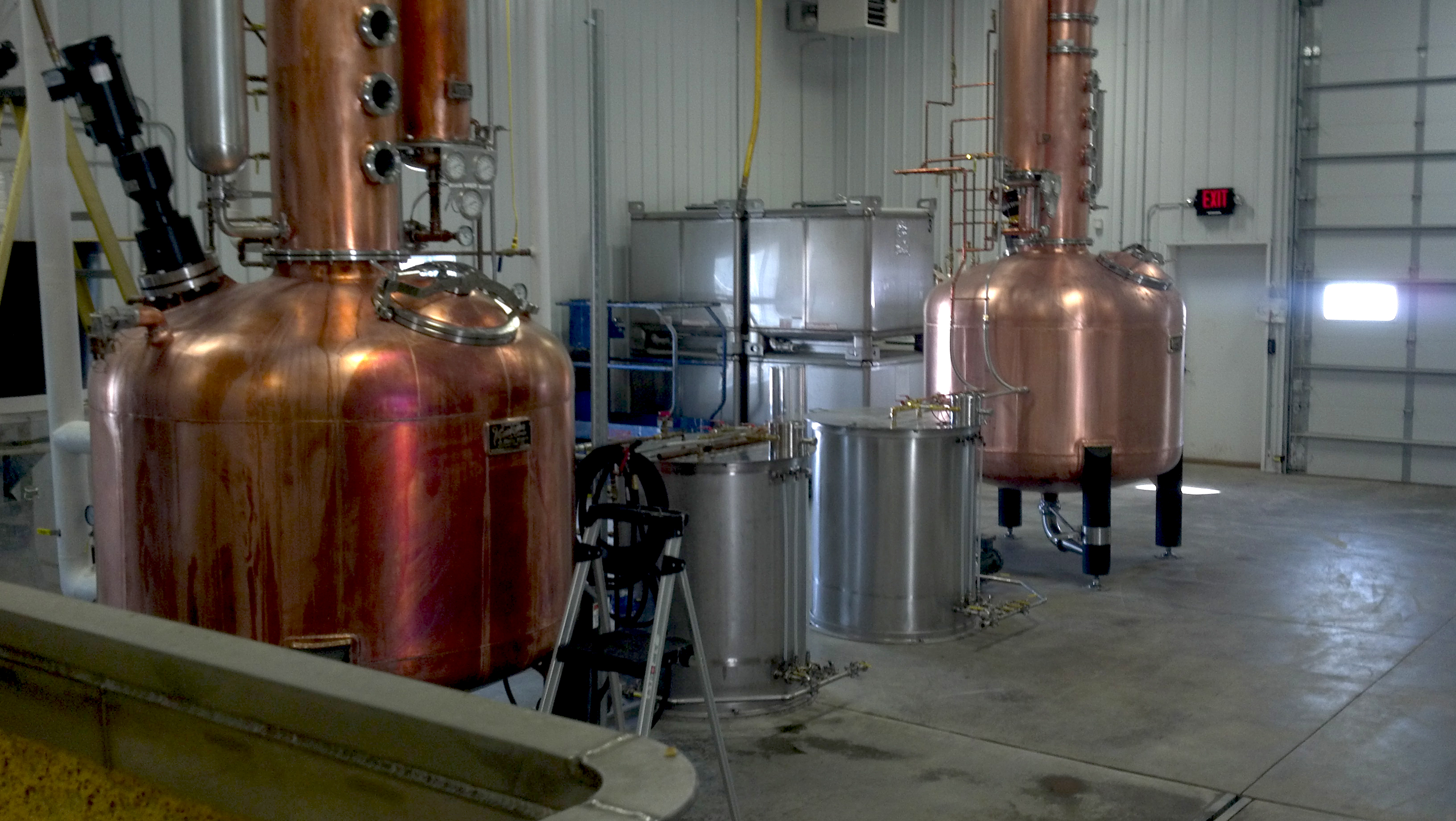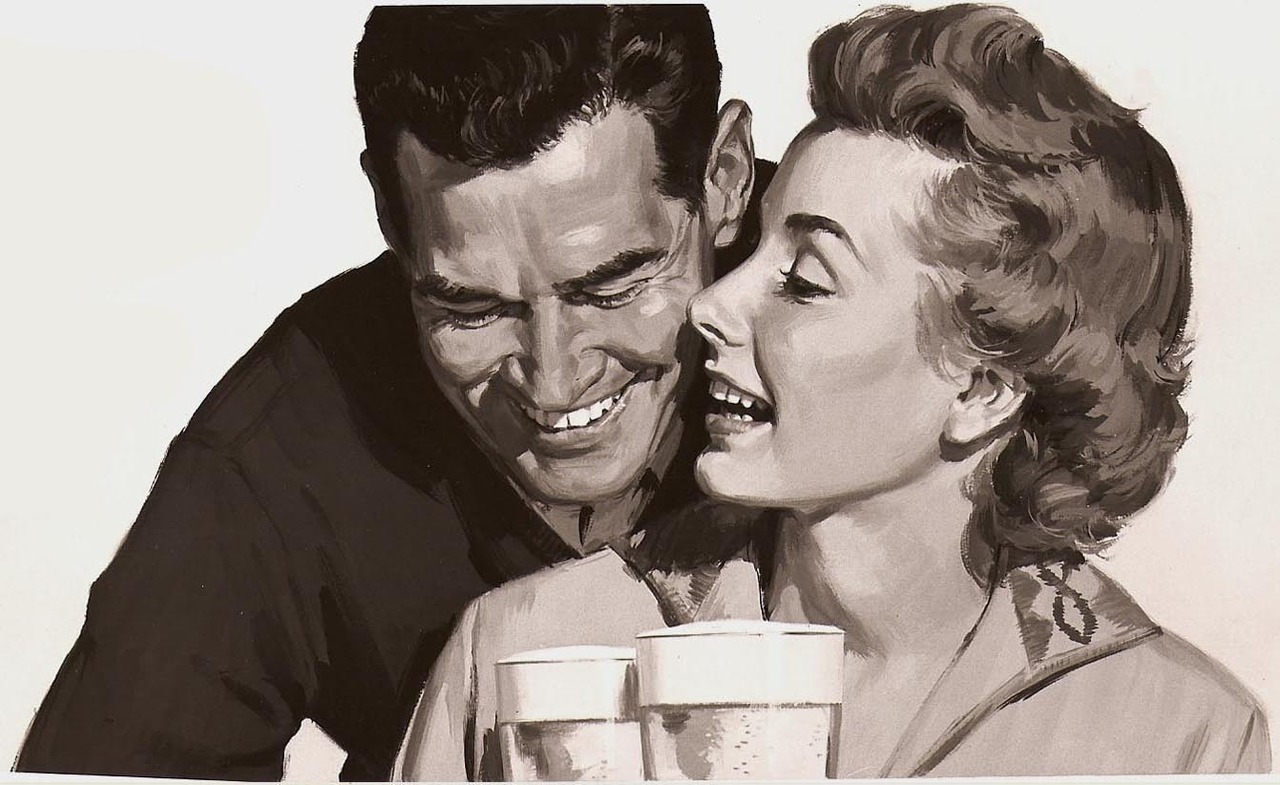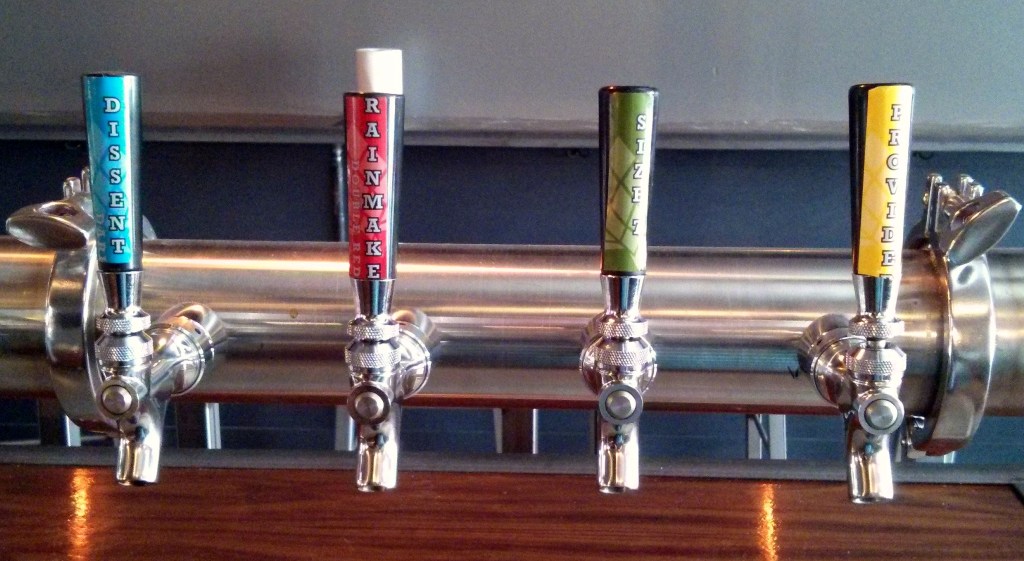During the lead up to the House vote on Sunday liquor sales last week, one representative made vague references to a Supreme Court case that could result in litigation if Minnesota was to pass the law. That representative also cited the same case, Rowe v. New Hampshire Motor Association (522 U.S. 364 (2008) for my law nerds out there), in an email response to a constituent that the constituent sent on to our friends at MN Beer Activists (where this will also be posted). The representative mentioned Congress’ duty to regulate interstate commerce, and how he thought it was unrelated until he read this case. He invited his constituent to read it as well, presumably so that we can start to understand what a litigious disaster Sunday sales would be for Minnesota.
One problem: it wouldn’t be. At least not based on the rationale Justice Breyer presents in the unanimous Rowe decision. In fact, Representative Jenifer Loon, Sunday sales proponent and author of the bill, stated as much during hearings–she and her staff have done research on the law at play in Rowe and how the Minnesota law differs from it, but the looming potential for a law to tie Minnesota up in costly litigation was enough to scare some of your representatives away from passing a law that has overwhelming support by Minnesota citizens, a law that exists in every state that borders Minnesota.
The prospect of litigation is scary, and reading caselaw is extremely boring unless you have a particular penchant for legalese, so the full analysis along with how this could possibly relate to the Minnesota law follows below. This isn’t intended to be legal advice, just an explanation of current jurisprudence on the matter. Dig in, and let us know what you think.
In an effort to curb teen tobacco use, the Maine legislature passed the Tobacco Delivery Law, a law that would make it harder for teenagers to get tobacco by regulating who could receive shipments of cigarettes or other tobacco products ordered online. Sales of goods on the internet are incredibly difficult to regulate, so Maine’s idea was to control instead who could accept shipments by requiring tobacco products to be delivered by a particular company that would card the person accepting the shipment. Only the person whose name was on the box could accept the shipment, so no delivery would be allowed under this law unless the person’s ID matched the name on the delivery, and showed that person to be of legal age to use tobacco products. If a delivery was made in violation of this law, the carrier would face a $1500 penalty for the first violation and $5000 thereafter.
Think about the actual application of this for a second: this means that delivery drivers aren’t just responsible for IDing someone that ordered cigarettes. They actually have to know what they’re delivering is tobacco, then they have to make exceedingly sure the person that ordered is the person signing, or face actual monetary penalties. And they’re not even the ones selling cigarettes. This law is an actual state imposition of an incredible amount of either new responsibilities or hefty fines on delivery companies.
Maine’s justification is one that the Supreme Court loves though–its responsibility to protect the health of its citizens. Teen tobacco use is a serious topic, and Maine has an interest in addressing it.
Lower courts did not agree with the state and the Supreme Court didn’t either. In a unanimous decision–yeah, unanimous–the Supreme Court held that federal laws regarding interstate commerce preempted the state laws. Preemption occurs when a federal law is so important that a state law cannot change it; this occurs a lot with immigration or drug laws because they are meant to occupy the entire field of law in order to establish one national system that functions smoothly across state lines. It makes sense that we would want this to happen with interstate commerce. If the laws for trucking differ vastly between states, the economy becomes endangered. The Supreme Court has a storied history regarding interstate commerce for this reason.
The federal law that preempts in this case is the Federal Aviation Administration Authorization Act of 1994, the FAAAA. Although the law may look like it has to do with Aviation, it actually regulates motor carriers.* Specifically, no state may pass a law related to a price, route, or service of any motor carrier. The goal of the law is to assure that transportation rates, routes, and services reflect maximum reliance on competitive market forces, to promote efficiency, innovvation, and low prices as well as variety and quality of services.**
Justice Breyer determined that the trucking in play in Rowe was connected to motor carrier services because it would have a significant impact on the way deliveries would be made in Maine. Breyer pointed out that the Maine law would directly substitute the government’s commands for the carrier’s judgment of what services to offer, in addition to presuming that the carrier would have knowledge of which containers carried tobacco and imposing a civil liability on them for failing to know. Breyer, and the rest of the court, saw this as regulating a significant aspect of any carrier’s service.
There is also discussion in the opinion about how this would freeze into place a service that carriers may want to discontinue, and that, in fact, they may not want to offer in the first place, since it wasn’t a service provided previously. Because of these major intrusions into the way that motor carriers determine their services, the Supreme Court held that the Maine law was preempted by the FAAAA.
There were two concurrences that don’t really impact the analysis–Ginsburg concurred to point out that teen tobacco use is a real actual problem and that the hole in the law Maine was trying to address should be addressed urgently by Congress. Scalia concurred to point out that the majority possibly overstepped in the way it determined Congressional intent regarding the FAAAA.
How does this relate to Sunday sales?
There are a couple of ways I see, and it has to do with the Teamsters opposition to Sunday sales, since that’s how motor carriers would be brought into the law.
One way it could relate is that those opposed to allowing Sunday sales are latching onto the language regarding services not currently offered, that carriers do not desire to offer. The argument there would be that by passing a law allowing Sunday sales, Minnesota would be imposing its judgment that carriers in Minnesota should provide Sunday deliveries, although that is not a service offered now and not one that the Teamsters, at least, are willing to offer.
Another way it could relate is that the amendment introduced to prohibit Sunday deliveries could end up doing the complete opposite–preventing carriers by law from delivering on Sundays when they may want and need to do so.
In the first case, the Sunday sales law does not impose the system of regulation that the Maine law did in Rowe. It would not change any requirements the state already imposes on deliveries made to liquor stores or warehouses in Minnesota.
In the second case, the mental gymnastics are a little trickier. As it stands today, no Sunday sales means no need for further deliveries on Sundays. If the Sunday sales bill passed, that need may eventually materialize. The amendment to prohibit Sunday deliveries was added to placate those who would be most impacted by that eventual need…so who would sue to prevent the amendment’s application exactly? My understanding is that the ultimate goal would be to have Sunday sales allowed with or without that amendment–so what problem does a hypothetical lawsuit actually pose?
In either situation, it is easy to see that the Maine law and the Sunday sales law (and its amendment) are incredibly different cases. The Maine law threatened huge fines for non-compliance, and all but deputized delivery drivers to do what the seller is required to do. All the Sunday sales law would do is allow liquor stores to be open on Sundays, no more, no less.
*This legislation evolved out of a similar piece of legislation, the Airline Deregulation Act of 1978 (ADA).
**Citing language from Morales, a case dealing with the ADA’s preemption of a state’s law regarding advertising airline fares.





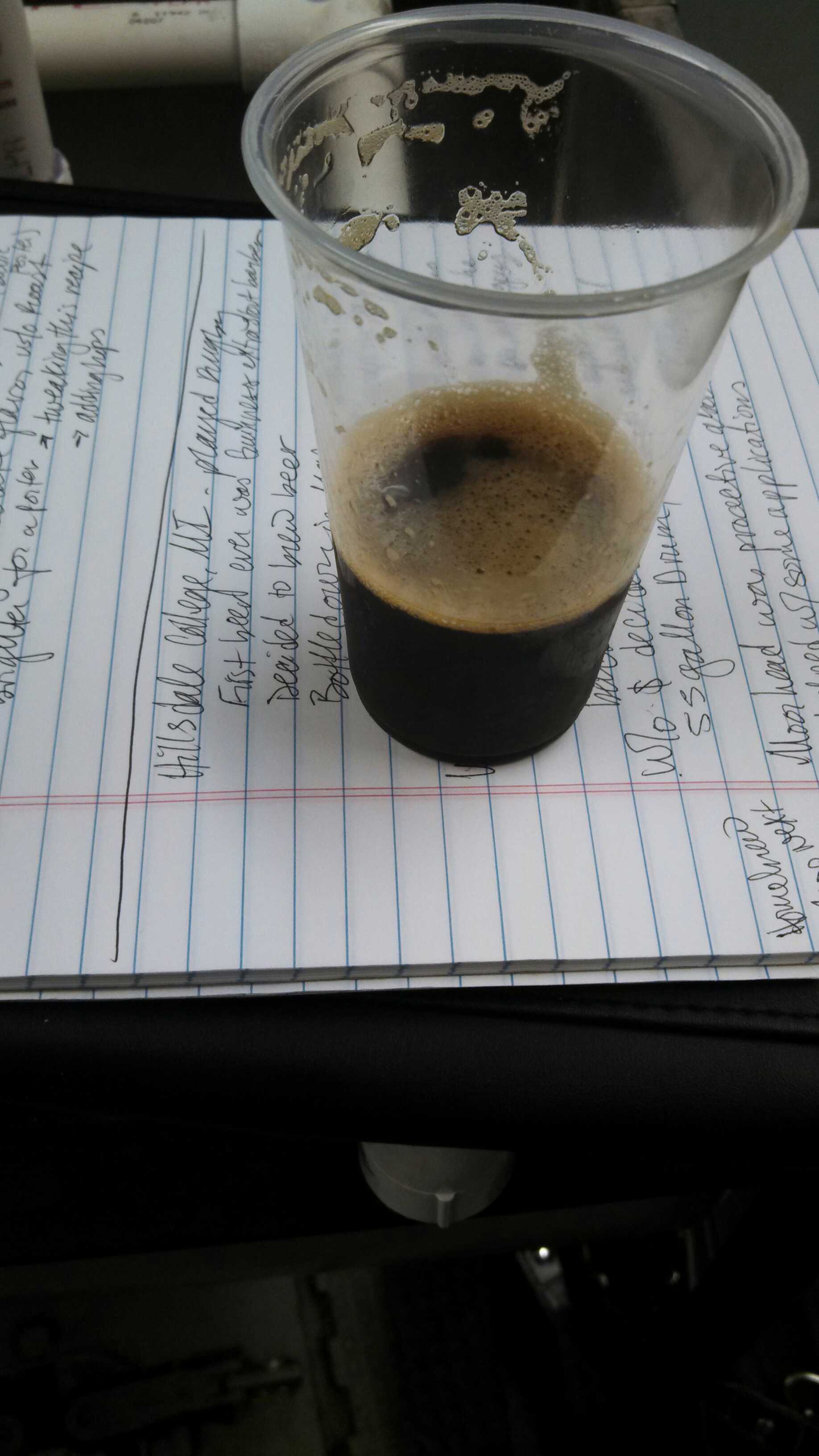
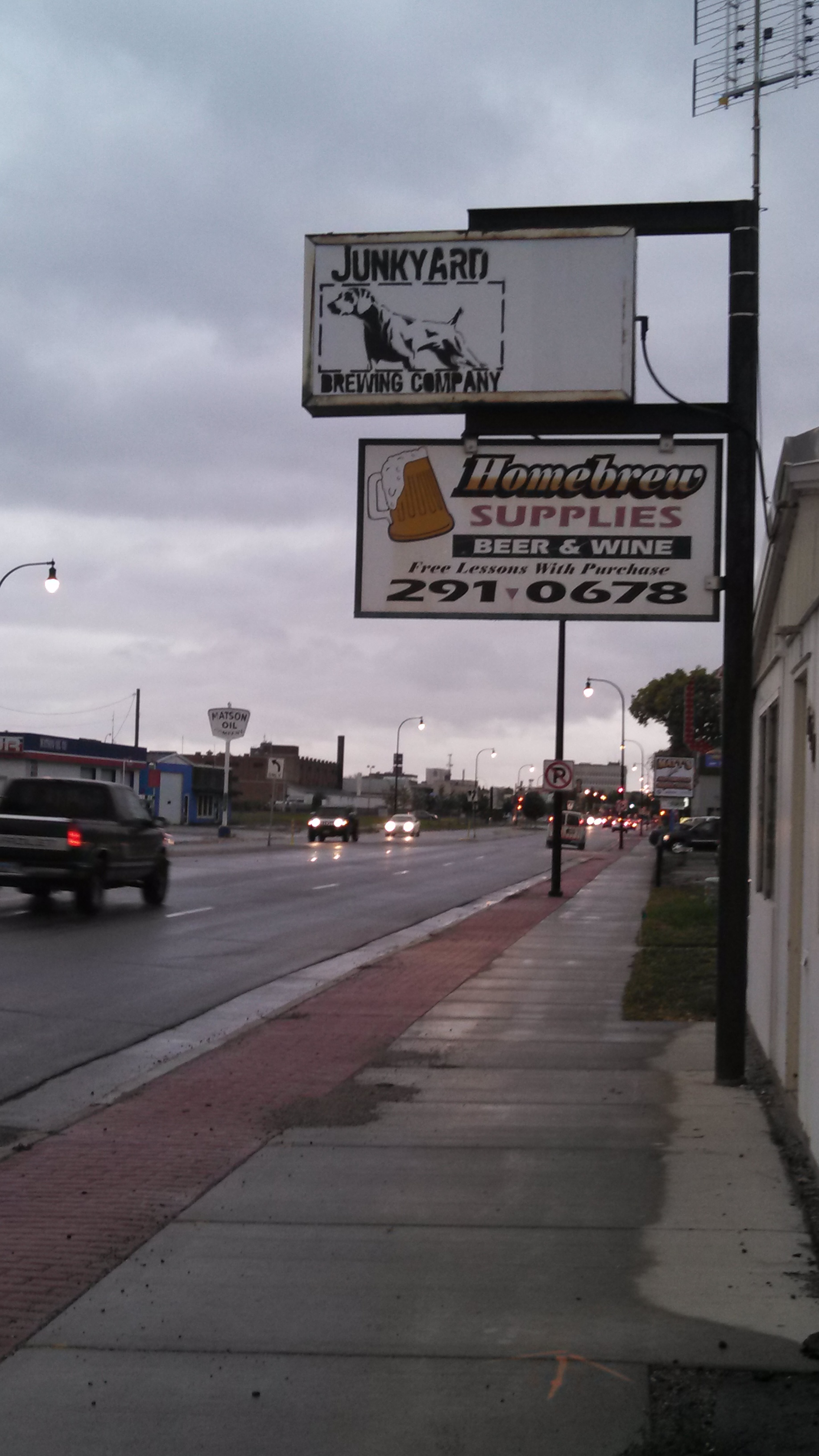
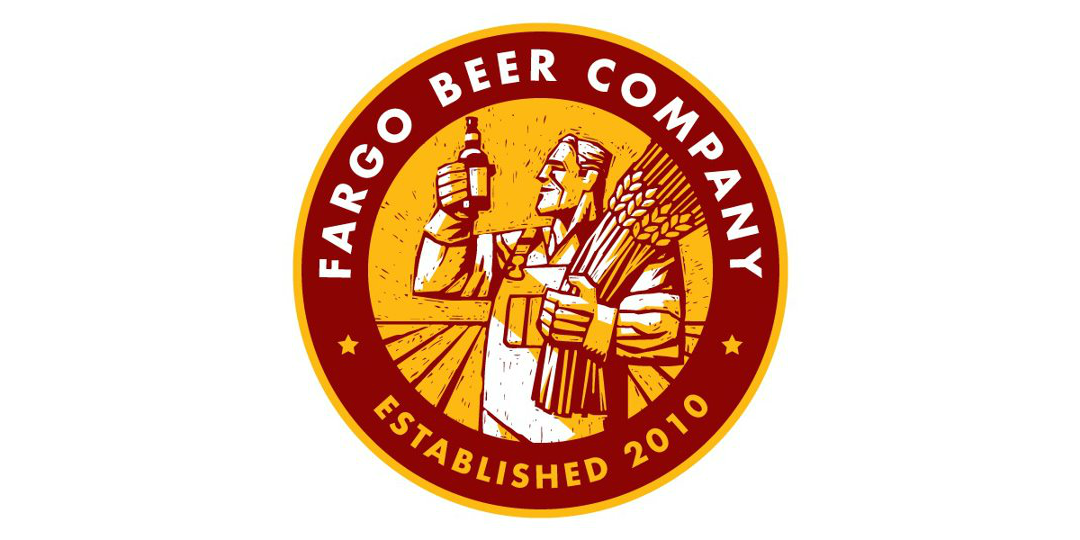



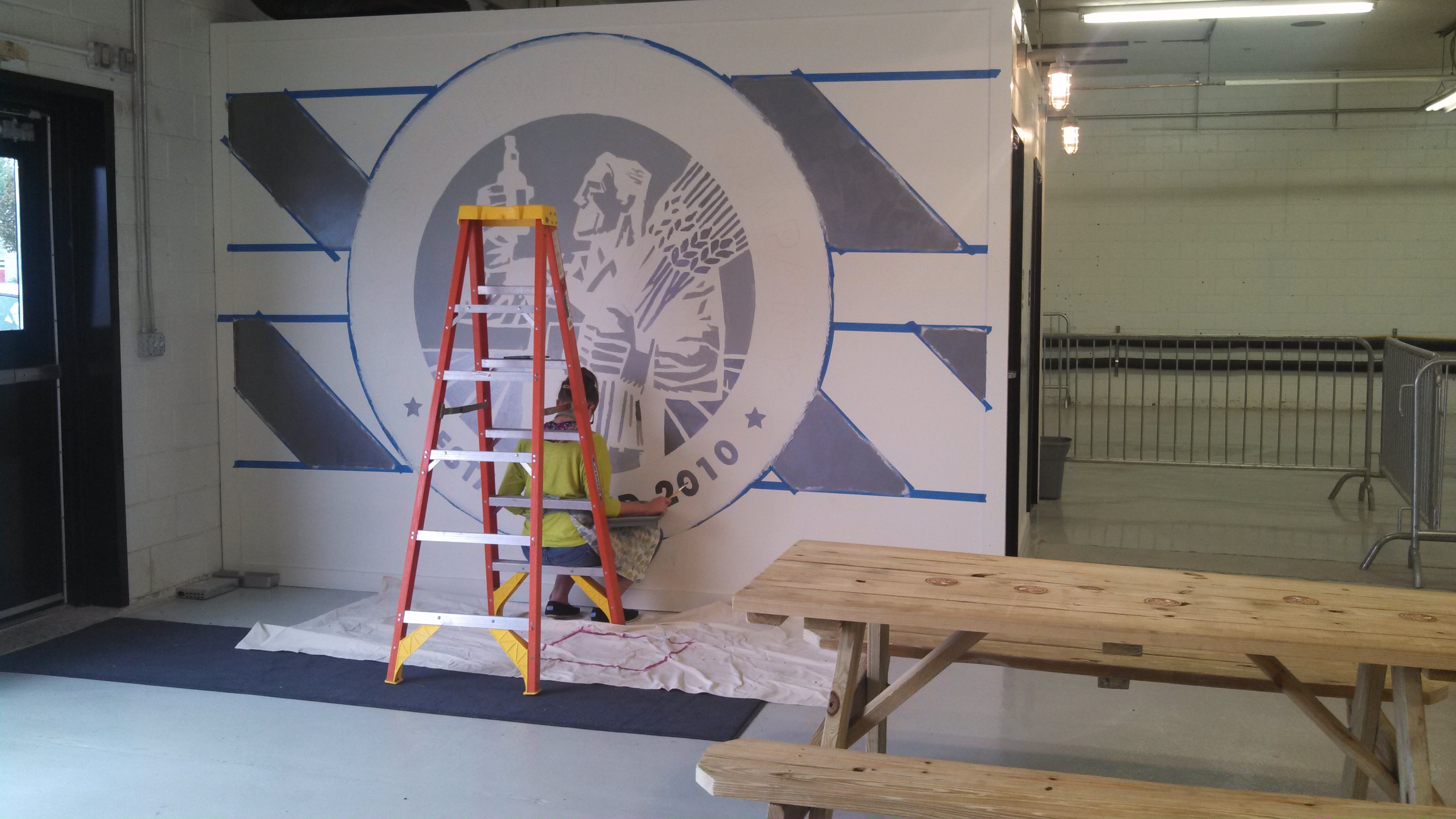


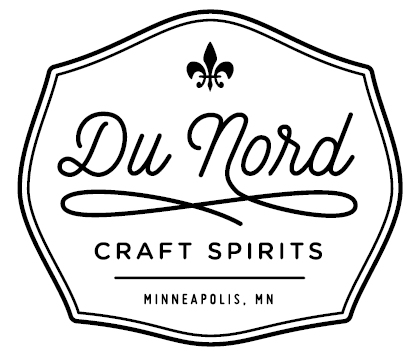 As for products, Du Nord will quickly turn around bottles of gin, vodka, and appleseed whiskey (named for who else but Johnny Appleseed himself), while leaving the bourbon to age for a couple of years in barrels. The small size of their distillery will also allow them to do small projects as new opportunities arise, so expect some exciting variety in the craft spirits menu after they open.
As for products, Du Nord will quickly turn around bottles of gin, vodka, and appleseed whiskey (named for who else but Johnny Appleseed himself), while leaving the bourbon to age for a couple of years in barrels. The small size of their distillery will also allow them to do small projects as new opportunities arise, so expect some exciting variety in the craft spirits menu after they open.